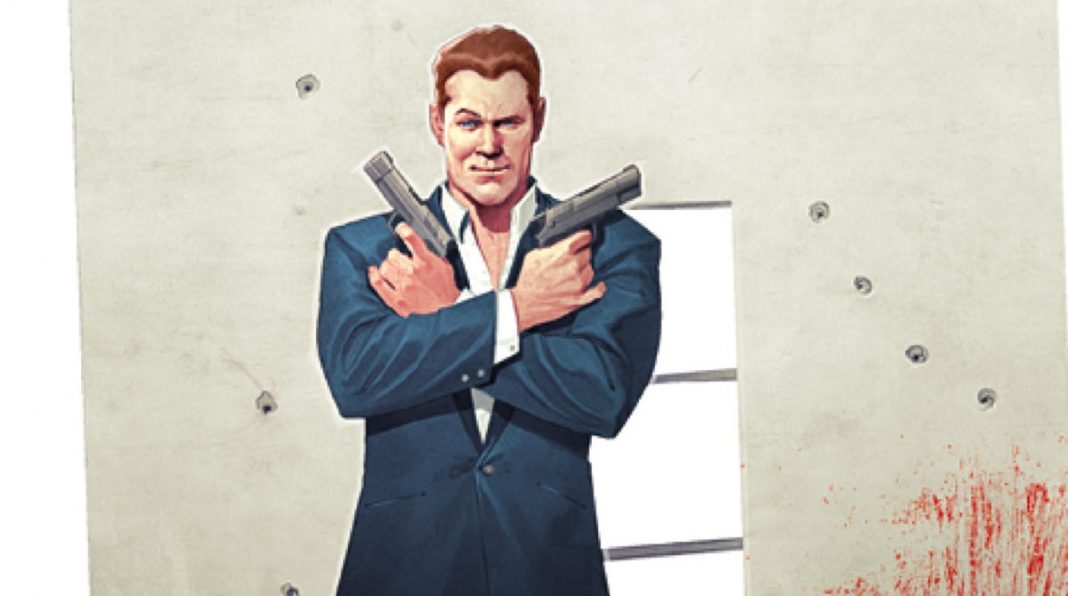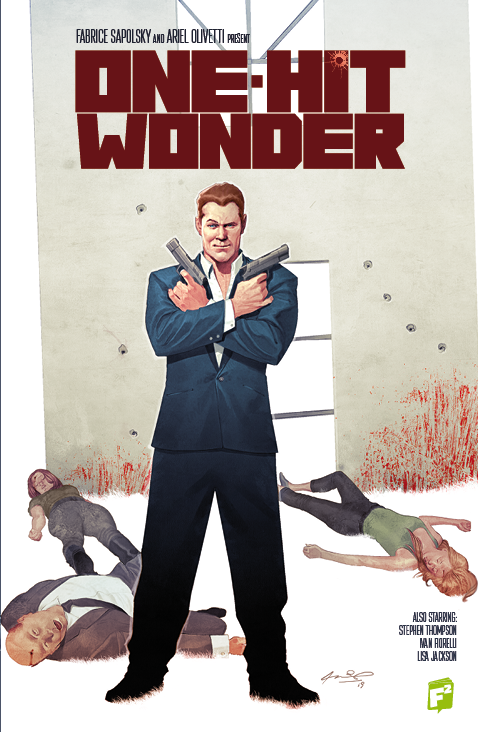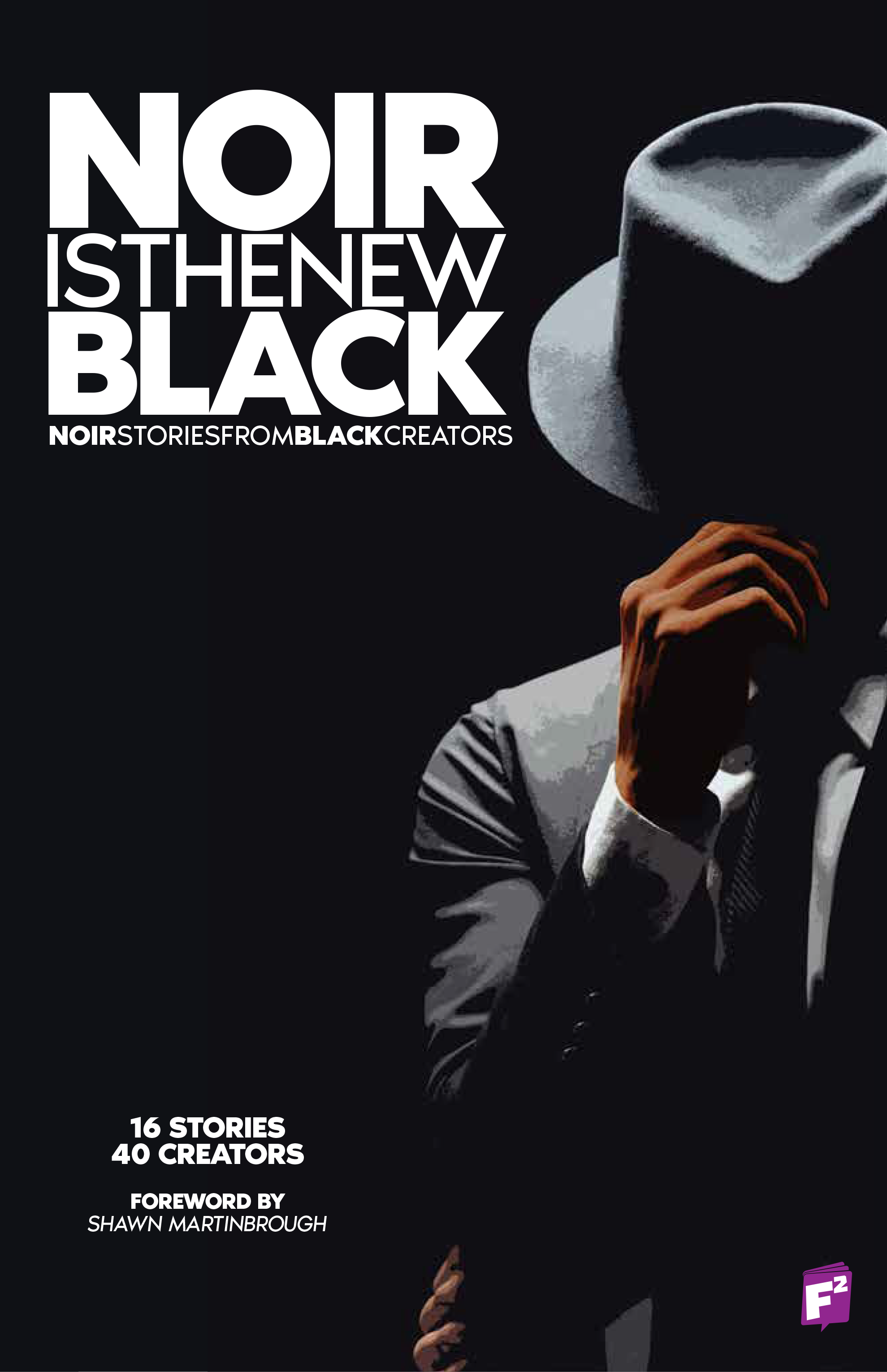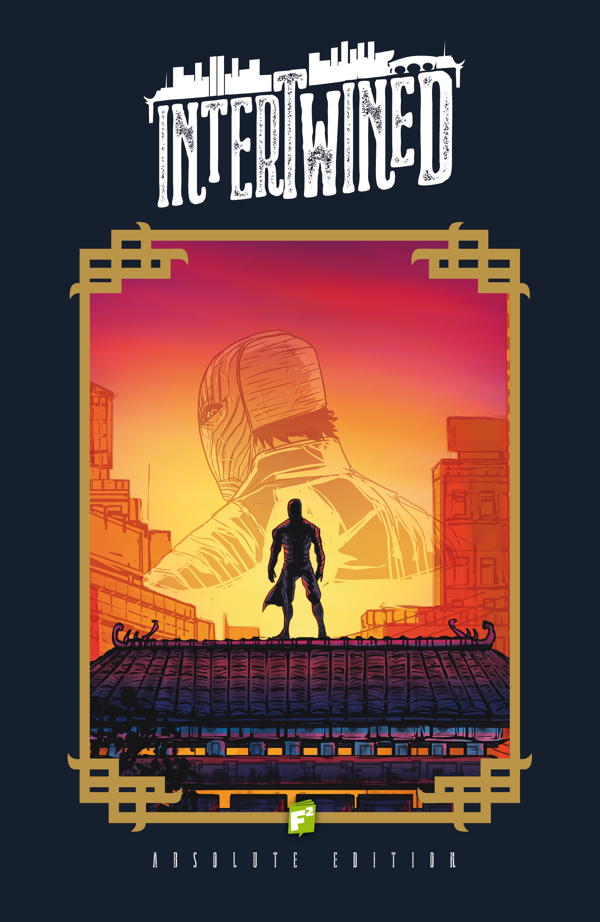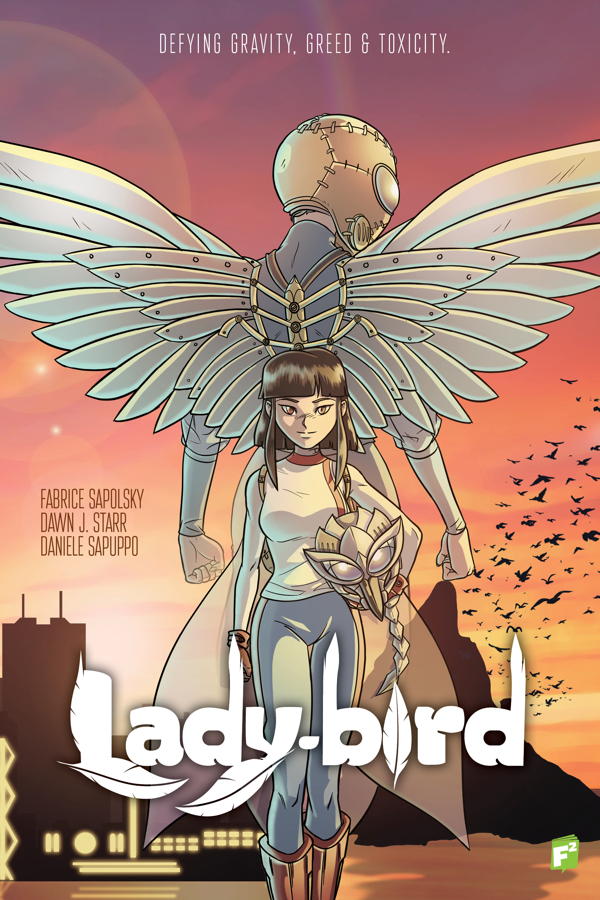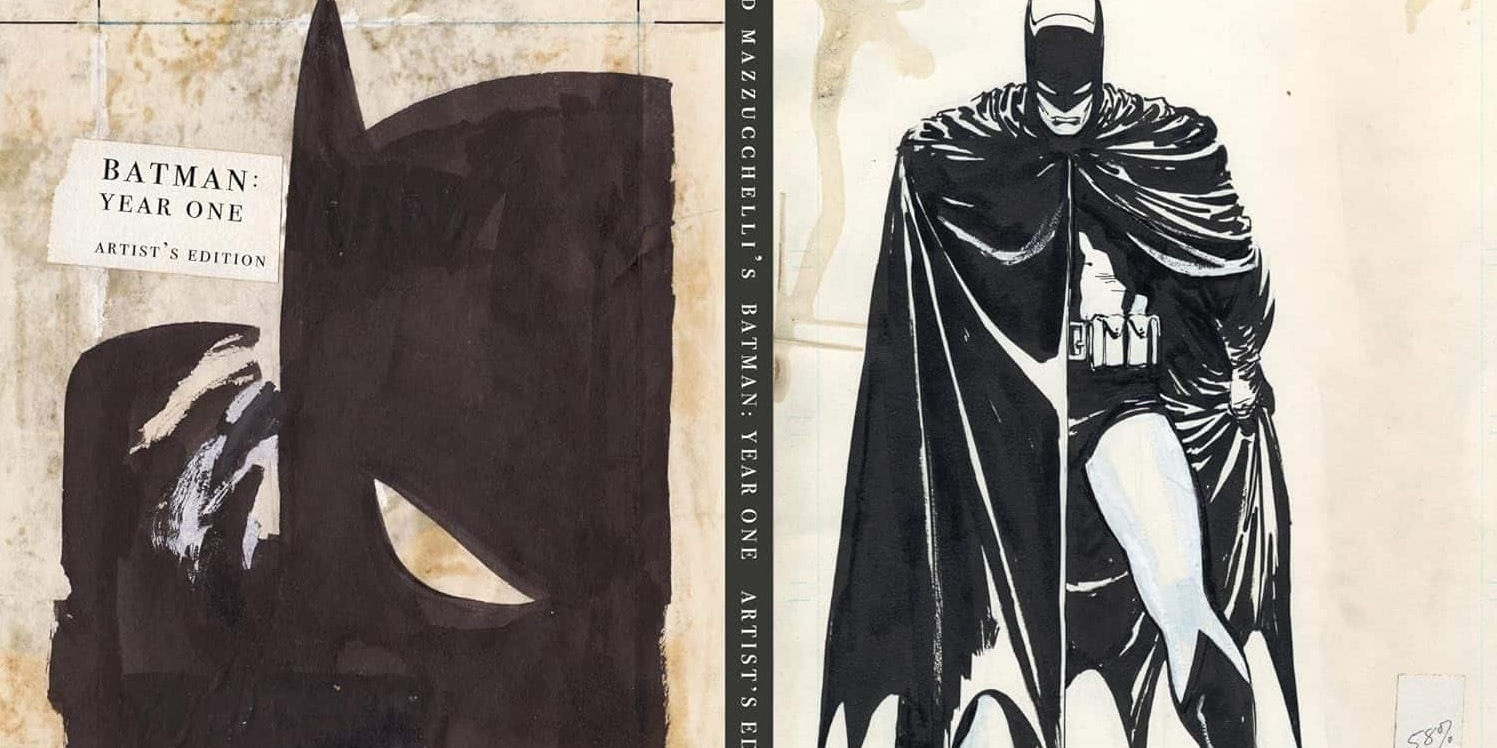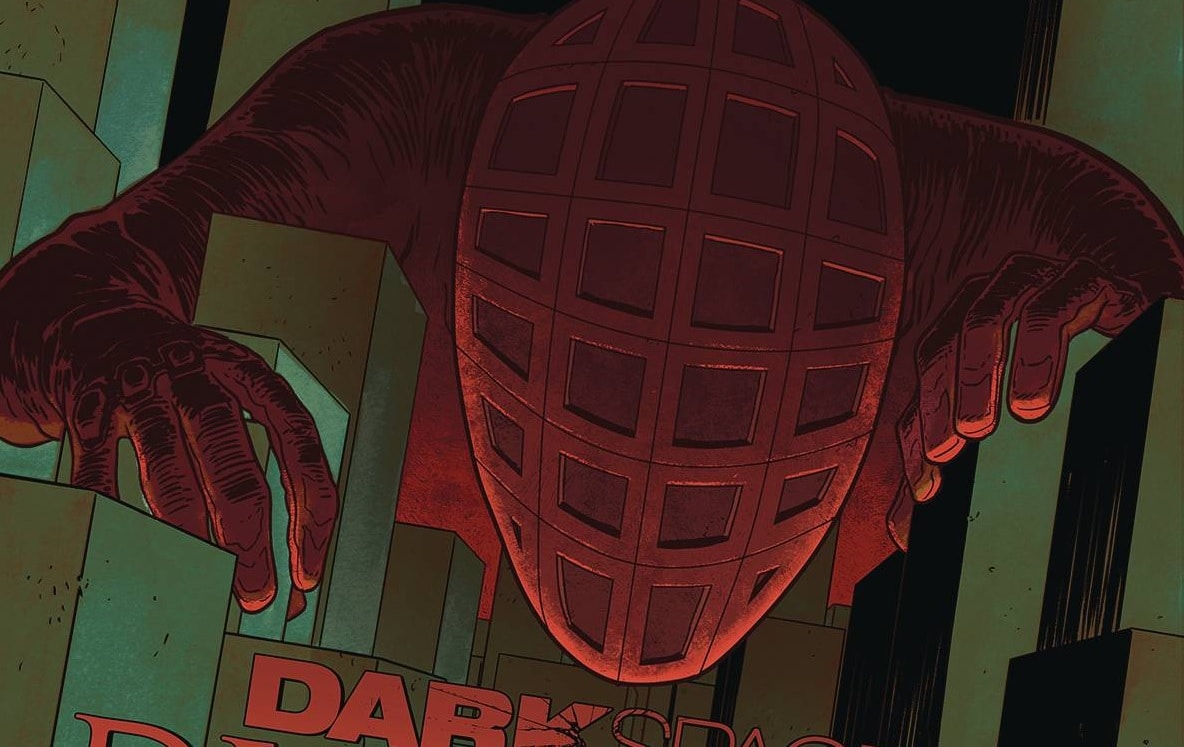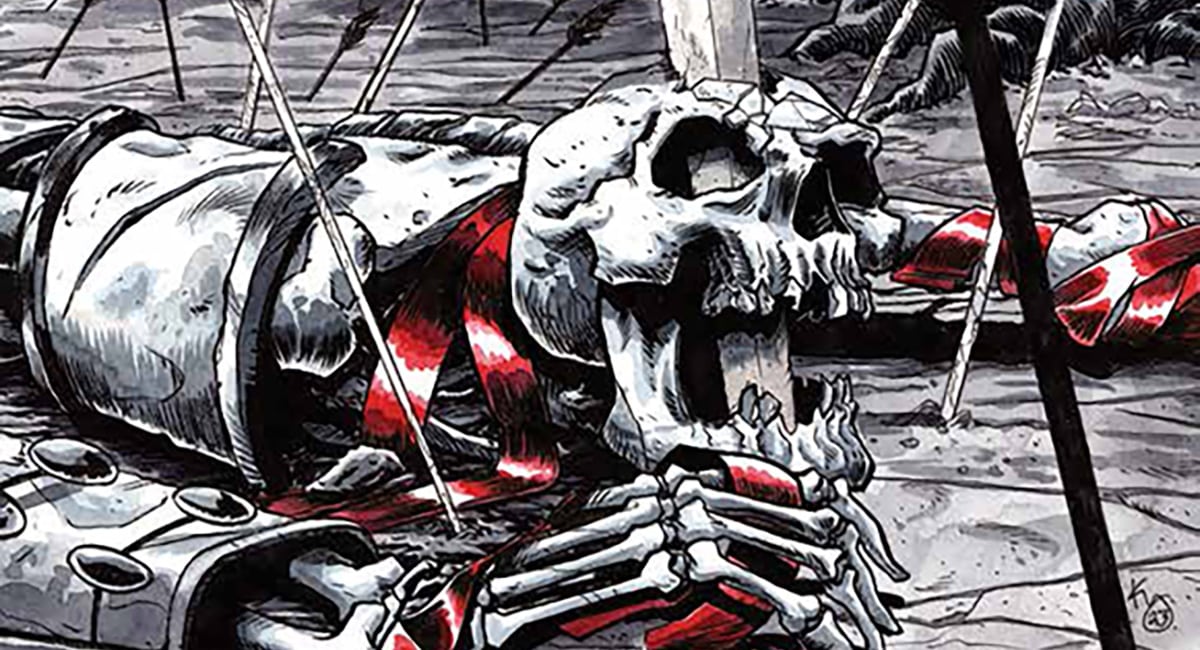Some news and notes from around:
§ In retailer Brian Hibbs’ very thorough column on the Marvel/PRH deal, he dropped a little bombshell: “I have been told that many of the “premier” publishers are not actually signed with a current contract [with Diamond], and are still working off of the last contract while they negotiate the next one, so it’s very possible that sudden changes could come quickly, as folks appear less contractually limited as perhaps we think.”
Big, if true!
And then comes this, courtesy of ICv2: in an SEC filing, IDW revealed that their contract with Diamond to distribute periodical comics actually has lapsed.
The discussion of the Diamond contract in the filing was in the “Risks Related to IDW Publishing” section, which noted that IDW currently depends on two distributors: Diamond Comic Distributors for comic stores and Penguin Random House Publisher Services for book channel. The filing revealed that the Supply Agreement between IDW Publishing and Diamond is expired, “and the parties have been operating pursuant to the terms of the expired agreement.”
Hibbs confirmed that the word on the street is that MORE than one major comics company has a lapsed contract. I guess when you are a monopoly, you are in no hurry to negotiate. But if Penguin Random House offers their distribution services to other publishers — as everyone is speculating — this could significantly ease the transition.
§ But Diamond is still in business and signing deals: new(ish) publisher FairSquare Comics, which is led by Fabrice Sapolsky, has just signed with them for North American distribution.
FairSquare Comics is a comic book and graphic novel publisher founded in 2019 by Fabrice Sapolsky, co-creator of Marvel’s Spider-Man Noir and former Senior Editor at Humanoids. The company is driven to promote immigrants, minorities and under-represented creators in the world of comics. This mission is emphasized in FairSquare’s company mantra, “comics for the rest of us.” FairSquare Comics utilizes a multilayered approach to their publishing, which provides a home for both company-owned and creator-owned content. FairSquare GREEN represents the core line and books, graphic novels, and comics fully owned by the company; FairSquare PURPLE represents books from other creators, which are fully creator owned; and FairSquare BLUE represents magazines, merchandise, and other endeavors.
“I remember when I saw my first ever published comic book as a professional, Spider-Man Noir #1, in Diamond’s PREVIEWS catalog. As someone coming from the other side of the Atlantic, I was so proud. Now, being next to my peers with my own label and creator-owned comics at Diamond is like coming home. FairSquare Comics needed a partner with experience to help us grow. And Diamond has everything we need to allow us to achieve just that. I am beyond thrilled to join the DBD family,” said Fabrice Sapolsky, founder of FairSquare Comics.
“I’m very happy to welcome Fabrice to the Diamond Book Distributors roster,” said Josh Hayes, Executive Vice President of Diamond Book Distributors. “When we started talking a few months ago, I gravitated toward his concepts and his plan for FairSquare Comics. It’s exciting to partner with someone as passionate and dedicated to bringing comic stories to people and to the page – from all voices. I can’t wait to get started working with these books.”
FairSquare Comics already has a few projects out there:
- One-Hit Wonder focuses on a former child-star turned hitman for the Hollywood mafia.
- Noir is the New Black is a graphic novel anthology collecting sixteen noir stories written and drawn by Black creators, featuring the voices of well-known Black creators as well as a new generation of writers and artists.
- Intertwined, the first ever Kung Fu Noir graphic novel, tells the tale of a hero, a protector of the Elements, from the perspective of an immigrant.
- LADY-BIRD tells the story of two young women, living 100+ years apart, and mysteriously connected. But their goal is the same: freeing themselves from patriarchy, abuse and exploitation.
They’ve also just launched a Kickstarter for MUTINY, a new magazine featuring comics and articles about comics culture.
§ Publishers Weekly‘s Shannon O’Leary just put out her annual survey of comics retailers, both at comics shops and indie bookstores. Last year’s survey was conducted just before COVID hit, and this one shows an industry hanging in there. Oh, and also MANGA IS HUGE AGAIN.
Godfrey: We’ve seen a huge upswing in two specific areas: manga and back issues of periodical comics. Those are the two biggest moneymakers for us.
D’Angelo: Back issues of comic book periodicals continue to be strong. People have more time to read, and they want that break from their screens. People were binge reading, so someone who bought Brian K. Vaughan’s Saga volumes one through three from us two years ago came back for the other six books. And collecting continues to fuel a lot of business in the direct market.
Ray: Comics-wise, the biggest category to blow up has unquestionably been manga—or, as most of the people looking for manga erroneously refer to it, “the anime”—or anything that’s a cartoon and has 50-plus volumes that are impossible to stock or, now, even reorder.
Chase: We continued to see manga and kids’ graphic novels sell well. Our stores were closed for several months, but our online sales were healthy.


